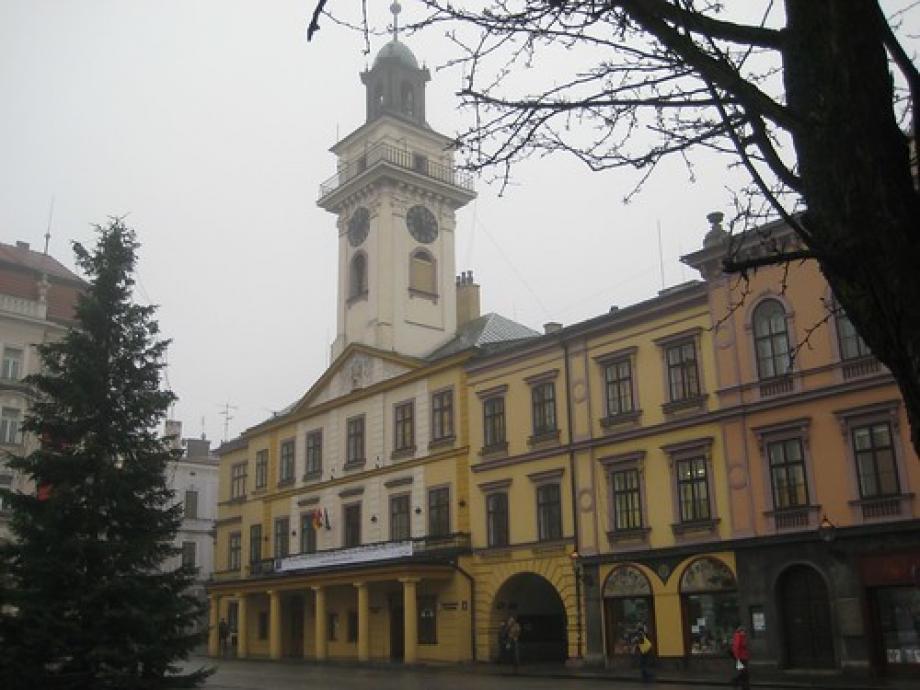This was my third trip to Poland. The first one I made in the early 90s, private, searching traces of someone’s family. I have uncomfortable memories from that trip, not only because we visited the Auschwitz concentration camp, the environment was a bit strange. The second time I travelled to Poland, at the end of the 90s, I stayed in Krakow and I was surprised how vital the city was, even though the centre was a big re-construction site.
Now also my third trip, the time couldn’t be worse. It was very cold, wet and dark and I haven’t seen any blue sky for 4 days.
A French teacher picked us up at Krakow airport to ease the conversation during the two hours drive to Cieszyn (usually, French people do not speak English, might be a prejudice, but it is often true).
On the way to Cieszyn, we passed Oswiecim, saw the museum of the concentration camp and I still got the creeps. I can’t imagine how to live in such a place with the visibility of the horrifying past.
We could not really take the chance for a gratis French lesson, because we started our journey 12 hours ago, at 3 am. After a while, we just dropped off to sleep.
Next day, when the meeting started, we got a very warm reception! I was really surprised, people were lovely, even so when I outed myself as a German, because they expected someone coming from France must be French.
The meeting was held in a secondary school and the director was proud to show us her school, introduced her students and colleagues. We were impressed again how open, friendly and interested they were. The school itself reminds me of my school time, even the building is about 100 years old, a mixture of Austrian-German style. That style you can find in the area.
Until 1920 Cieszyn belonged to the Austrian-Hungarian Empire, it was divided into two parts as a result of the first world war and it still is. We had one hour time to go around, even the weather was all other than nice. It’s a nice town, with beautiful old houses, friendly people, nice shops, quite different compared to the well established, but often similar cities in Germany. We walked over the bridge from Polish Cieszyn to Czech Cieszyn, but there was no difference visible for us, just the signs on the bridge reminded that we crossed a border.
Cieszyn is an old town, a tourist centre of the region and tourism is the main revenue. One member of the city parliament, he was passionate about the history of the old town hall, received us for a short introduction of the town’s history. He also mentioned, how democracy works today in Cieszyn. The members of the parliament are volunteers, elected by the inhabitants, only the mayor is paid by the government to carry out the official duties as a job. Of course, he is also elected. When the mayor gets instructions from the national government to implement rules or laws, he has to discuss those changes in advance with the city parliament. If the parliamentarians do not agree, he can’t do anything. He has to follow their decision. Seems to be good on the one hand, but on the other hand, that could lead to blockades between the city and the government. Not clear for me, who then is solving the problem and how.
It is sure, I am going back to Cieszyn in spring time!

